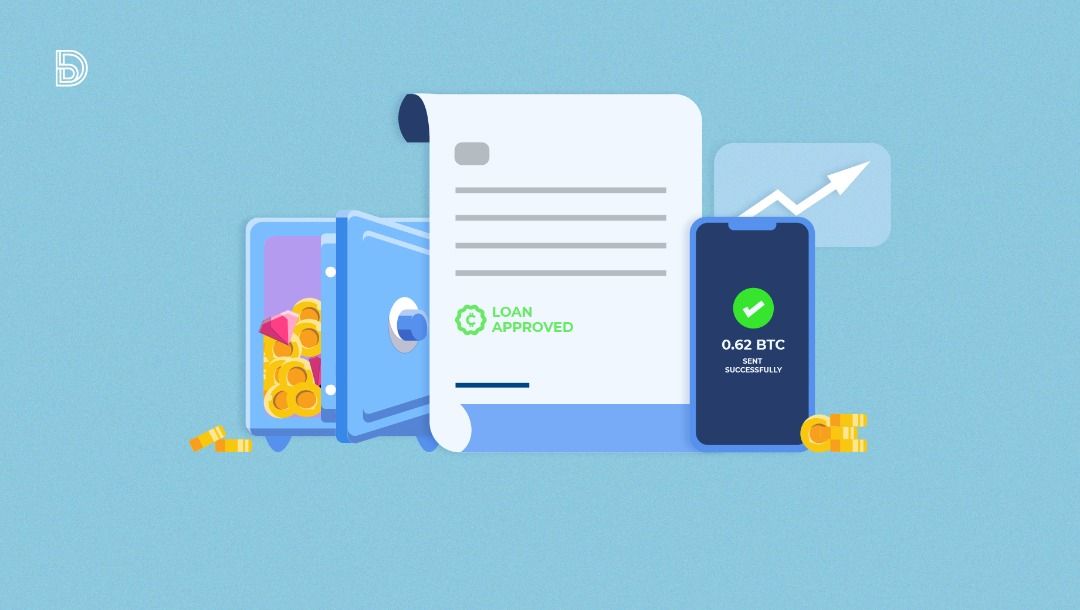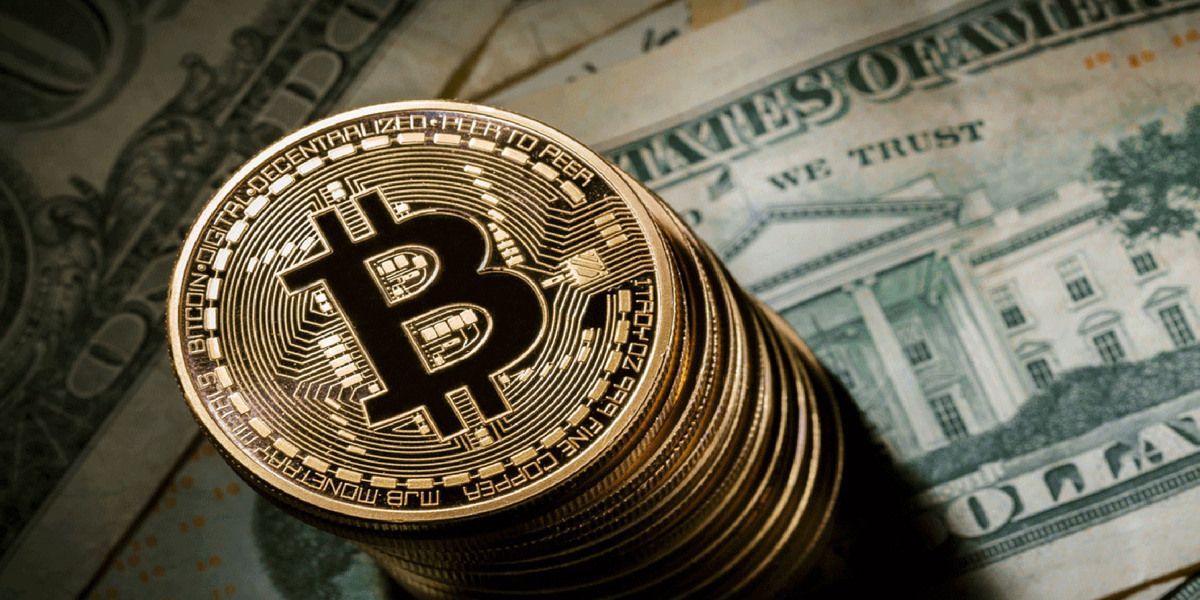Four interesting ways people are using cryptocurrency in Nigeria now
Nigeria is the largest crypto market on the African Continent and ranks third behind only the US and Russia on the global stage.

Nigeria is the largest crypto market on the African Continent and ranks third behind only the US and Russia on the global stage.
The country generated more than $400million in transaction volume for the 2020 fiscal year according to Statista.
This success is largely attributed to the continuous rave around Cryptocurrency trading, which fueled widespread interest as these digital currencies continue to break new grounds based on valuations. The most popular of them all, Bitcoin recently crossed the $60,000 mark.
Back in February, the highest banking authority, the Central Bank of Nigeria, imposed strict regulations on NFBIs, DMBs, OFIs which banned these institutions from authorizing payments for cryptocurrency transactions, and subsequently ordered closure of accounts with links to crypto-related activities.
This seemingly had little effect as the country still churned out millions of dollars in daily transaction volumes. As confirmed by Usefultulips, trading on peer-to-peer platforms increased by 27% since the ban was enforced . The current economic clime coupled with the recent devaluation of the Nigerian naira precisely positions crypto as a lucrative investment opportunity.
For many Nigerian youths, crypto is seen as the new oil.
The various opportunities initiated by the burgeoning crypto market has birthed a wide array of innovations from startups in the fintech space. Riding on this wave, startups have explored numerous other applications to further harness the various possibilities that abound with these digital currencies, aligning with the goals of the Nigerian economy as it gradually embraces its cashless policy.
To the many crypto enthusiasts, whether you are a newbie, an experienced trader, or just a curious cat, these are the various use cases Cryptocurrency presents you with.
Credit Loans
Nigerian startup, Bitnob, has a credit loan feature known as NobCredit. This allows you to take loans against your Bitcoin without having to sell. This is particularly brilliant as you don’t have to lose your crypto and equally affords you the ability to invest and get returns simultaneously.
According to announcements made by Bitnob, the only requirement is having a minimum of $100 worth of Bitcoin in your wallet. Zero need for guarantors, no credit history profiling, just an absolutely seamless procedure.
So if you need quick cash to sort out your financial issues, your Bitcoin could serve as a collateral whilst it continues to accrue interest. Bitcoin backed loans serve as another bright spot for the loan market as bureaucracies are being fazed out, “you get to eat your cake and still have it sitting pretty in your wallet”.
Similarly, SpottR, an eCommerce company, offers a crypto-loan service through a native toke known as Cliq token. Cliq token can be used as payments for purchases and as collateral for purchase loans. Users are allowed to purchase items as long as they own about 20% of the product value in Cliq tokens — a bold step towards the growth of ecommerce and the credit payment structure being adopted.
Value Preservation/Inflation Protection
The repeated devaluation of the naira alongside limited access to foreign exchange poses a great disadvantage for Nigerian nationals in terms of purchasing power, this spurs the necessity for other methods of preserving/increasing valuation. The high volatility of cryptocurrency still puts flashes of doubts and/or fear as to the stability of their wealth. This birthed the rise of stable coins.
Stable coins are a form of Cryptocurrency whose value is relative to an underlying asset, so the value may be pegged to the prices of commodities like gold, oil or real time currencies like dollar, euro and other fiats.
Buycoins, a crypto start up introduced the naira token (NGNT). A stable coin version of the naira so people can easily transact within the Nigerian crypto community. NGNT is tied to the naira (1:1) and is backed by the USDC, a digital dollar stable coin.
Africa-based startup, Bundle created BUSD, a stable coin version of the dollar which facilitates transitions from fiat to digital currencies whilst serving as a hedge against the increasing devaluation of the Nigerian Naira.
Cross border Payments and Remittances
An exciting and efficient solution that eases international payments, transfers and remittances in terms of timing, cost and convenience became the ultimate game-changer for crypto owners. Prior to crypto adoption, traditional options had a lot of limitations. Local banks have a cap on international transactions and charge high transaction fees due to the inadequacies of the naira with respect to the dollar.
This sparked growing interests as international payments became a popular use case for further adoption of Crypto, it served as a medium to move money around easily.

Numerous crypto exchanges afford users the liberties to send and receive payments, and other remittances from numerous countries without restrictions. Notable mentions include local platforms like Quidax, Buycoins and Busha and international platforms like Binance, Luno, Paxful and a few others.
Recently, a remarkable feat was achieved by Blockstale who installed the first set of Bitcoin Teller Machines (BTM) in Lagos, Nigeria. These BTMs can be used through scannable QR codes with links to a mobile wallet to facilitate Crypto transactions.
Digital Payments
The increasing number of easy-to-use Crypto platforms in Nigeria is gradually causing a shift towards the adoption of Crypto-enabled payment options.
Startups like Paychant created a payment gateway that helps businesses accept Bitcoin and other Cryptocurrencies as payments for purchase. Along the same line, Patricia and Blockstale also allow users to pay for utilities (light, water, cable) with crypto.

Whether through the creation of a payments page, a product link or a simple API integration, businesses now see the need to accept Crypto for payments.
The rave around Crypto doesn't look like it's stopping anytime soon, increasing market penetration has become the new order. For the average Nigerian, it is more than just a medium of exchange, it's a form of wealth creation. An emerging technology that's rapidly evolving to solve fundamental economic and monetary problems, a key to attaining financial freedom.







Comments ()